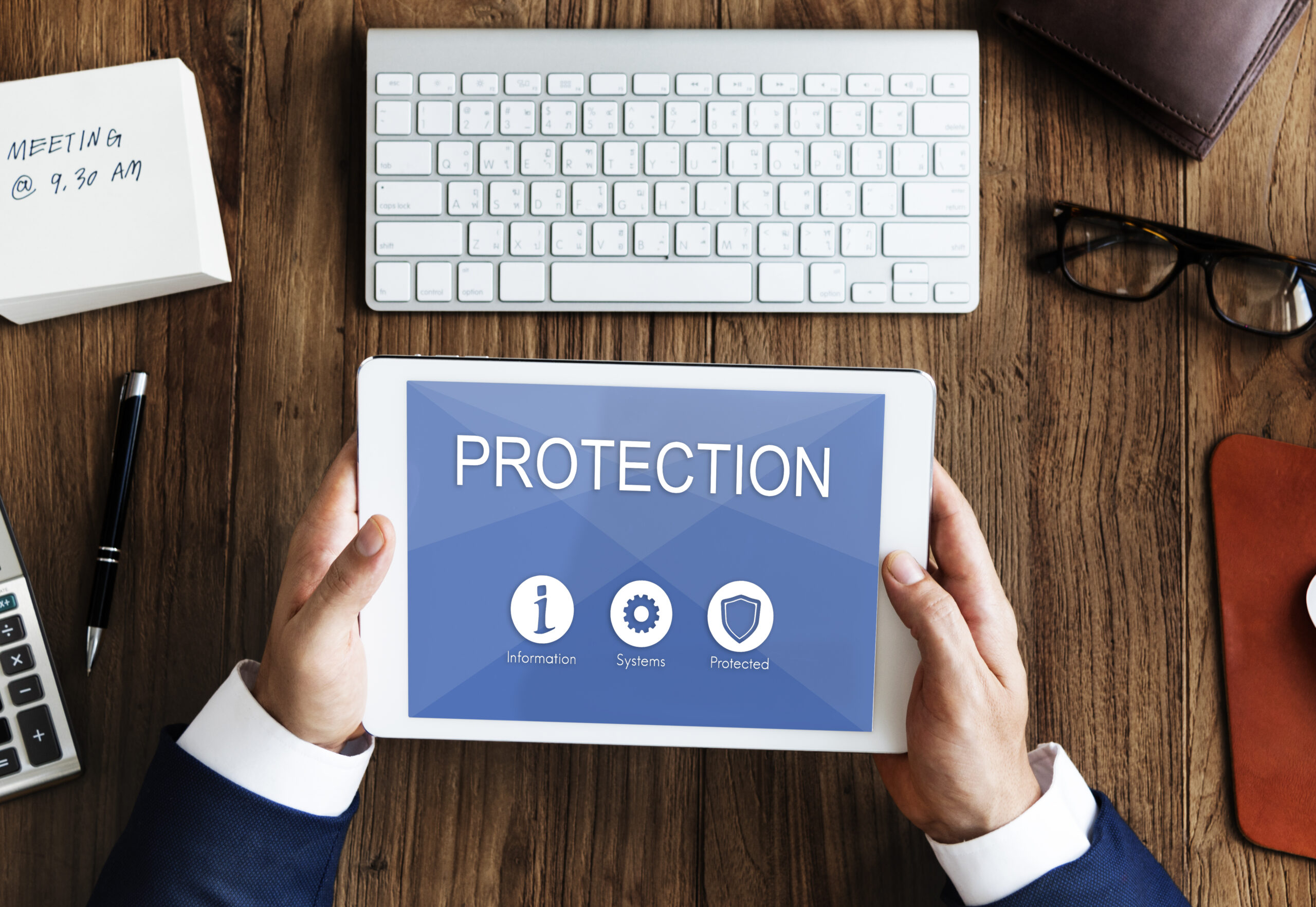The Role of Content Moderation in Protecting Privacy and Data Security
Content moderation or content review is monitoring and filtering of user-generated content on websites, social media platforms & other online communities to ensure that the content is appropriate and conforms to the community guidelines. The main and the most critical roles of content moderation is to protect privacy and data security.

Privacy Security Data Protection Shield Graphic Concept
Online communities often collect sensitive personal information from users, including names, email IDs, phone numbers and credit card details. These data can be vulnerable to various online threats, including hacking, data breaches and identity thefts.
User generated content moderation helps to safeguard users’ personal information by enforcing strict privacy policies & ensuring that user-generated content doesn’t include sensitive information that can be misused.
Content moderation also plays a crucial role in preventing cyberbullying, harassment and online stalking, which can be highly damaging to victims’ privacy and security. Moderators can identify and remove any content that violates the community’s guidelines and take action against users who engage in harassing or abusive behaviour.
Moreover, content moderation helps to prevent the spread of malicious content that can harm users’ devices or steal their personal information including phishing scams, malware and viruses that can spread through user-generated content.
Moderators detect & remove any suspicious content ensuring that the online community remains safe and secure. In addition, content moderation ensures that users’ rights to privacy and data security are respected. Moderators are trained to handle sensitive information with care. They follow strict protocols and guidelines to protect user’s data from misuse. It builds trust and confidence among users encouraging them to share more information and engage more actively with the community.
We can summarize that content moderation plays a vital role in protecting users’ privacy and data security in online communities. By enforcing strict policies and guidelines, detecting and removing malicious content, preventing cyberbullying and harassment and respecting users’ rights to privacy and security; moderators ensure that online communities remain safe and secure for all users.
